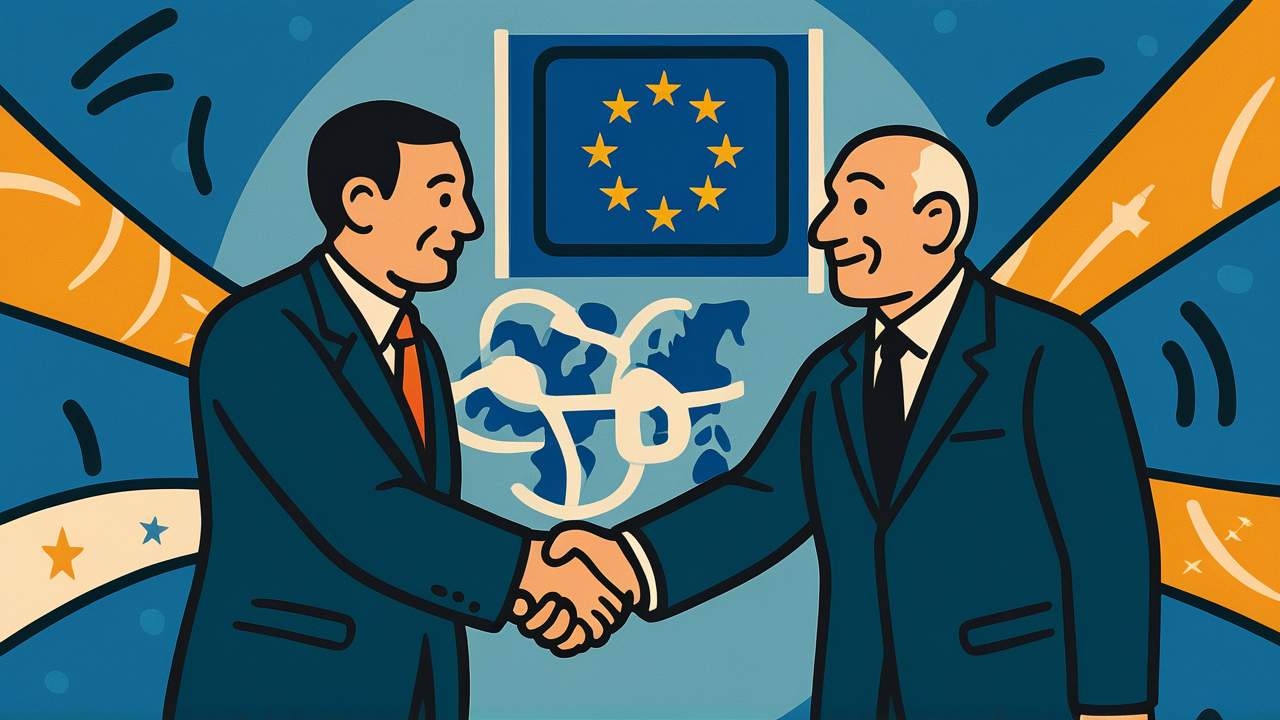[Disclaimer] This article is reconstructed based on information from external sources. Please verify the original source before referring to this content.
News Summary
The following content was published online. A translated summary is presented below. See the source for details.
Google has announced its decision to sign the European Union’s General Purpose AI Code of Practice, joining several other companies including U.S. model providers. This voluntary code aims to ensure the responsible development and use of artificial intelligence systems. Google expressed hope that this commitment will foster collaboration between industry leaders and policymakers to address the challenges and opportunities presented by AI technology. The company emphasized its dedication to developing AI responsibly and its support for appropriate AI regulation. Google plans to work closely with EU policymakers, sharing insights and best practices to help shape effective AI policies that balance innovation with societal benefits and risk mitigation.
Source: Google Blog
Our Commentary
Background and Context

The European Union has been at the forefront of regulating technology and data privacy. The General Purpose AI Code of Practice is part of the EU’s broader efforts to establish guidelines for the ethical and responsible development of artificial intelligence. This voluntary code comes amid growing concerns about the potential risks and impacts of AI on society, privacy, and human rights.
Expert Analysis
Google’s decision to sign this code is significant for several reasons:
Key points:
- It demonstrates a willingness by major tech companies to engage with regulators proactively.
- The move may help shape future AI regulations by fostering dialogue between industry and policymakers.
- This commitment could set a precedent for other companies to follow, potentially leading to more widespread adoption of ethical AI practices.
Additional Data and Fact Reinforcement
To understand the context of this development, consider the following:
- The global AI market is projected to reach $190.61 billion by 2025, according to MarketsandMarkets research.
- The EU’s proposed AI Act, if passed, would be the world’s first comprehensive AI law.
- Over 60% of EU citizens express concern about the impact of AI on society, according to a 2021 Eurobarometer survey.
Related News
This development comes as governments worldwide grapple with AI regulation. The U.S. has recently issued an Executive Order on AI, while China has implemented its own AI governance framework. Google’s commitment to the EU code may influence similar initiatives in other regions.
Summary

Google’s signing of the EU’s AI Code of Practice represents a significant step towards collaborative AI governance, potentially setting a global standard for responsible AI development and use. As AI technology continues to advance rapidly, such voluntary commitments by industry leaders could play a crucial role in shaping effective and balanced regulations.
Frequently Asked Questions
Q: Is the EU’s General Purpose AI Code of Practice legally binding?
A: No, it is a voluntary commitment. However, it may influence future legally binding regulations.
Q: Will this affect Google’s AI products and services?
A: While not immediately, it may lead to changes in how Google develops and deploys AI technologies in the future, particularly in the EU market.
Q: How does this relate to the EU’s proposed AI Act?
A: The Code of Practice aligns with the principles of the proposed AI Act and may serve as a precursor to more formal regulations.


